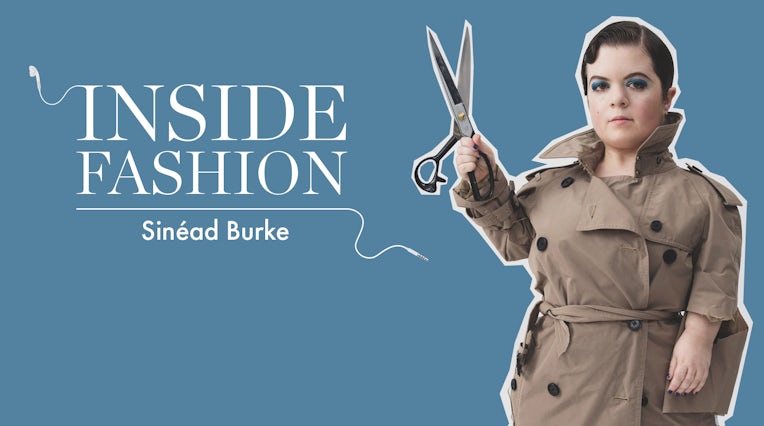BOF

Image: Tim Walker for BoF
“Fashion has been an industry that I've long felt excluded from, despite being incredibly passionate about its transformational opportunity and ability to really change people and conversations and culture,” Sinéad Burke, the three-and-a-half-foot activist, tells Imran Amed.
After a barn-raising talk at VOICES 2018, where Burke argued for reform in the fashion industry in its relationship with disabled consumers who have $1.3 trillion spending power, the Dublin-based teacher and advocate went on to speak at the World Economic Forum’s annual meeting at Davos. She also developed a partnership with Burberry, who made custom pieces adapted to Burke’s height, and redesigned a section in their headquarters to include railings and lower chairs and tables.
“I have rarely been in spaces that were designed with me in mind,” says Burke. “It was the level of human and emotional intelligence that was put into every interaction with me was extraordinary.”
With over 21,000 Instagram followers, Burke has become a vocal advocate for reform in the fashion industry. She stars on the cover of BoF’s Print Issue “The Age of Influence,” photographed by Tim Walker. “The power of the visual as a motif for inclusion is extraordinary,” she says of the shoot with the photographer. “Because we are still so biased based on our preconceived notions of what images are, it is that moment that will change people's thinking.”
Burke speaks of influence as something that allows people to have an impact beyond their reach, but which has also expanded with social media. The economic power of the disabled community is impossible to ignore for brands, since these individuals want to be loyal to brands who not only accommodate their needs, but also their tastes, and will be vocal to their friends and family about it. It is why, she says, brands like Burberry are trailblazers in the space, since that level of humanity will attract not only the disabled community, but consumers worldwide.




